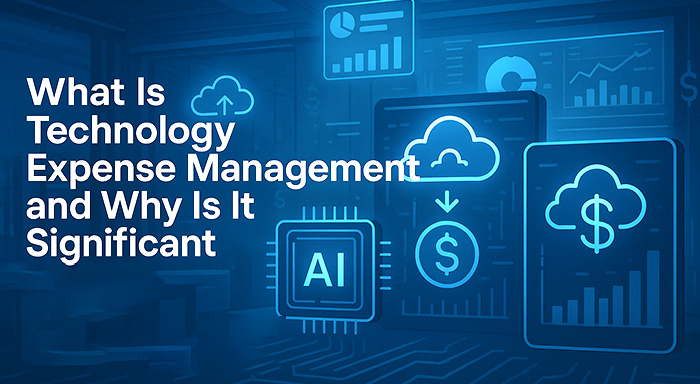The fast-paced adoption of cryptocurrency across industries has created the demand for tools with the capability to manage complex digital transactions. CRM (Customer Relationship Management) platforms are now extending their reach to support crypto-driven functionalities. This evolution ensures that CRMs are valuable for companies exploring the world of decentralized finance. This post sheds some light on why crypto transactions is considered a lot more than just mere payment option, data centralization for compliance, and more.
Crypto Transactions: More Than Just Payments
Handling crypto-driven transactions pertains to a lot more than just receiving or sending digital currency. Businesses must keep track of histories of transaction, track wallet addresses, and record customer preferences. A sophisticated CRM platform can easily centralize all this data. It makes sure that interactions associated with crypto payments are documented well, accessible, and secure via one centralized platform.
Data Centralization for Reporting and Compliance
One of the main challenges that becomes a part of cryptocurrnecy is compliance. Numerous jurisdictions need in-depth records of crypto payments for regulatory and tax needs. A CRM that supports crypto can easily store transaction IDs, wallet addresses, and timestamps. This removes the necessity to jump between manual spreadsheets and blockchain explorers. Businesses can get precise records and reduce the risks of errors in audits.
Alerts and Automation for Volatility in the Market

Markets in the domain of cryptocurrency can become intensely volatile. This volatility can cause a great impact in terms of transaction decisions and pricing. CRMs can be set up to send alerts in real-time when specific conditions are met. For instance, a CRM can easily issue notification to a sales representative should a preferred token of the sales representative reach a specific value.
Businesses that utilize XRP might leverage a CRM that incorporates API data to represent the current price of XRP directly in customer data. This level of automation ensures more data-driven and quicker decisions.
Workflow Adaptability and Customized Fields
A lot of CRM platforms enable personalization, which is vital for businesses managing digital assets. You can generate custom fields for transaction types, wallet addresses, or even coin preferences.
Workflow automation can start follow-up emails after the confirmation of crypto transaction or issue an altert to the finance teams whenever payment is confirmed. This adaptability makes sure that CRMs complement the unique requirements of operations related to the utilization of cryptocurrency.
Access and Security Controls
Security is the main concern when you are dealing with any kind of financial data especially crypto.. A powerful CRM makes sure that data storage is encrypted and access permissions is tiered.. Only the team members that are authorized can see and act on sensitive data.. This is crucial for maintaining the trust of the customers and preventing fraud. With secure audit logs, each interaction is accountable and traceable.
Improving Customer Experience Through the Process of Transparency
Customers leveraging cryptocurrency expect quick updates and a lot of transparency. CRMs can automatically send confirmations, transaction alerts, and balance updates via SMS or email. This ensures that clients remain well-informed and improve their reliability in the brand. Providing a smooth crypto experience enables you to stand apart in the competitive marketplace.
Integration with Crypto Payment Gateways
To provide support to crypto-driven transactions, CRMs can easily integrate with prominent crypto payment gateways such as BitPay and NOWPayments. Such integrations enable businesses to synchronize payment statuses automatically, customer details, and transaction confirmations directly in the CRM tool.
This removes manual errors in entry and expedites service delivery. Through the tracking process of payment, businesses can prioritize customer engagement a lot more and less on focus less on reconciliation tasks.
Conclusion
The promising future of finance will be completely digital. It is important for the businesses to adapt well to stay competitive. Incorporating crypto functionalities into your CRM platform does not just simplify processes. It helps your brand to be well-positioned for lasting success in a decentralized economy. Irrespective of whether you are in fintech, retail, or SaaS, the capability to handle crypto transactions inside your CRM platform will become a major asset in the business. However, it is important for the businesses to ascertain that their use of CRM platform for crypto transactions complements financial regulations well in their jurisdiction.


